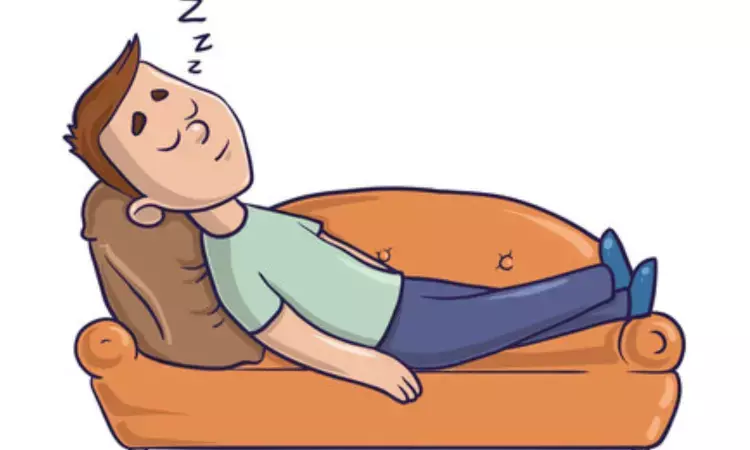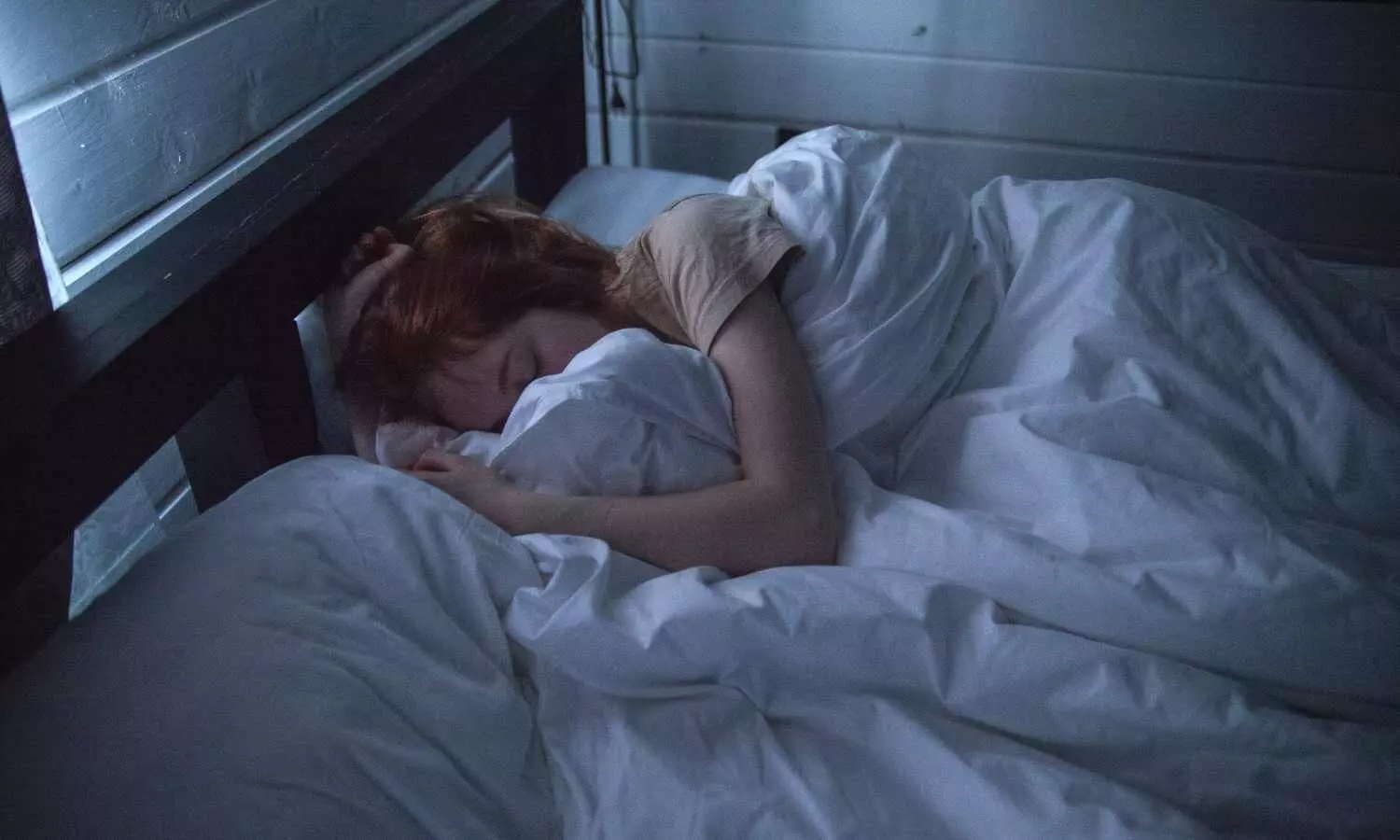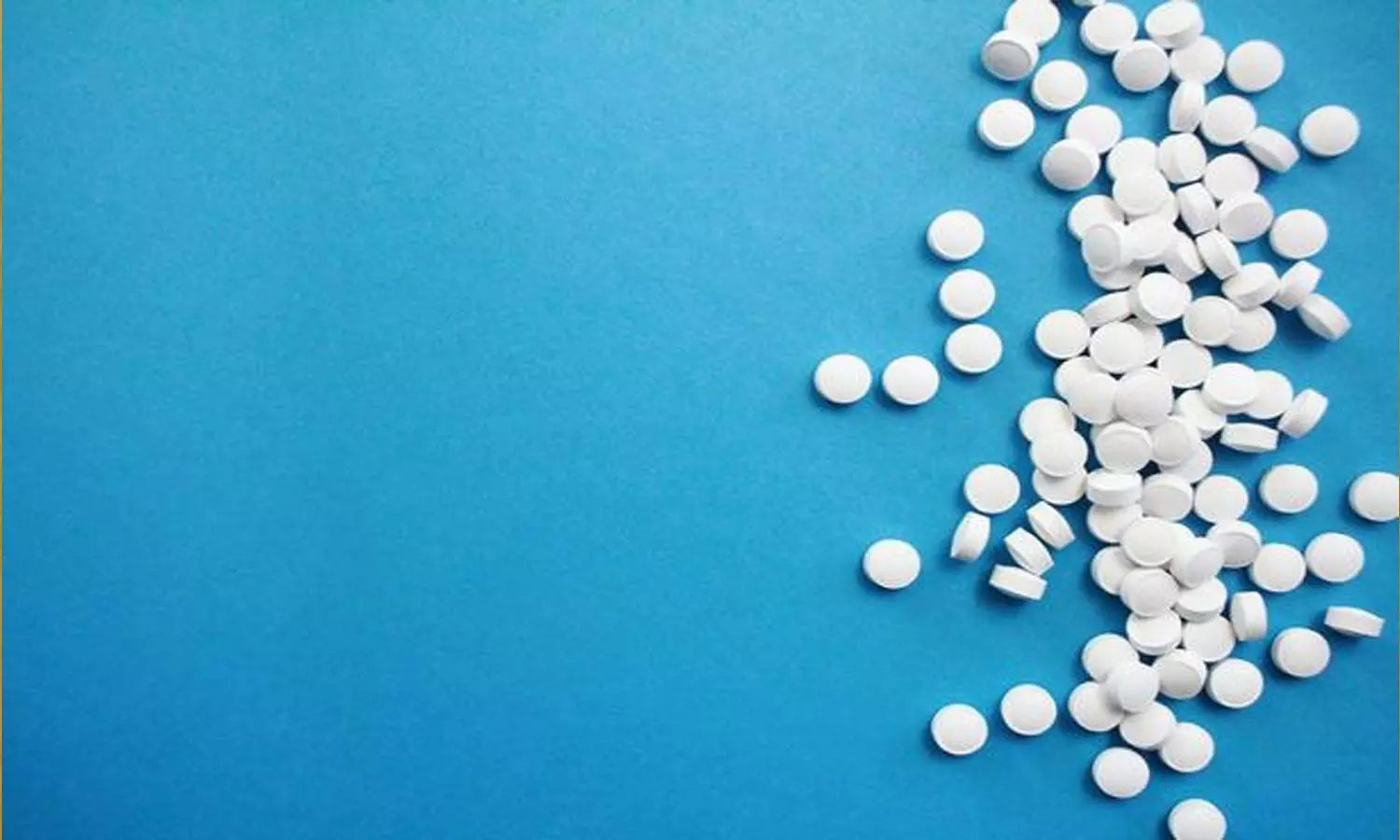- Home
- Medical news & Guidelines
- Anesthesiology
- Cardiology and CTVS
- Critical Care
- Dentistry
- Dermatology
- Diabetes and Endocrinology
- ENT
- Gastroenterology
- Medicine
- Nephrology
- Neurology
- Obstretics-Gynaecology
- Oncology
- Ophthalmology
- Orthopaedics
- Pediatrics-Neonatology
- Psychiatry
- Pulmonology
- Radiology
- Surgery
- Urology
- Laboratory Medicine
- Diet
- Nursing
- Paramedical
- Physiotherapy
- Health news
- Fact Check
- Bone Health Fact Check
- Brain Health Fact Check
- Cancer Related Fact Check
- Child Care Fact Check
- Dental and oral health fact check
- Diabetes and metabolic health fact check
- Diet and Nutrition Fact Check
- Eye and ENT Care Fact Check
- Fitness fact check
- Gut health fact check
- Heart health fact check
- Kidney health fact check
- Medical education fact check
- Men's health fact check
- Respiratory fact check
- Skin and hair care fact check
- Vaccine and Immunization fact check
- Women's health fact check
- AYUSH
- State News
- Andaman and Nicobar Islands
- Andhra Pradesh
- Arunachal Pradesh
- Assam
- Bihar
- Chandigarh
- Chattisgarh
- Dadra and Nagar Haveli
- Daman and Diu
- Delhi
- Goa
- Gujarat
- Haryana
- Himachal Pradesh
- Jammu & Kashmir
- Jharkhand
- Karnataka
- Kerala
- Ladakh
- Lakshadweep
- Madhya Pradesh
- Maharashtra
- Manipur
- Meghalaya
- Mizoram
- Nagaland
- Odisha
- Puducherry
- Punjab
- Rajasthan
- Sikkim
- Tamil Nadu
- Telangana
- Tripura
- Uttar Pradesh
- Uttrakhand
- West Bengal
- Medical Education
- Industry
Higher intake of Sugar sweetened beverages linked to shorter sleep duration in both children and adults

In the quest to understand the intricate interplay between sleep duration and sugar/sugar-sweetened beverages (SSBs) intake, a comprehensive meta-analysis has surfaced, promising to shed light on this complex relationship. The inconsistency in previous findings prompted researchers to delve into existing studies and provide a nuanced perspective on the link between insufficient sleep and sugary habits. They found that shorter sleep duration and higher SSBs intake in both children and adults.
The study results were published in the journal Sleep Health.
Previous research examining the connection between sleep duration and the consumption of sugar or sugar-sweetened beverages (SSBs) has yielded inconsistent results. Hence, researchers conducted a study to consolidate existing studies that investigate the link between abbreviated sleep duration and the intake of sugar and SSBs.
Conducting an exhaustive search across reputable databases such as PubMed, ISI Web of Sciences, Scopus, Science Direct, Embase, and Google Scholar, researchers synthesized observational studies that examined sleep duration as the exposure and sugar/SSBs intake as the outcome. The methodological rigor of these studies was assessed using the Newcastle-Ottawa Scale, with the overall evidence evaluated through the GRADE approach. Pooled odds ratios (OR) and 95% confidence intervals were then calculated using both random and fixed effects models.
Key Revelations:
- The systematic review encompassed 22 studies focused on children and 12 on adults. From these, the meta-analysis incorporated data from 10 studies involving children and 3 in the adult population, which provided odds ratios for deeper insights.
- All studies involving children, adopting a cross-sectional design, consistently demonstrated a negative association between sleep duration and sugar intake. Notably, children with short sleep durations exhibited a 16% higher likelihood of consuming sugar, a 21% increased likelihood of soda intake, and a staggering 92% higher odds of consuming energy drinks.
- For adults, a short sleep duration was linked to a 20% higher likelihood of soda consumption and a substantial 58% increased intake of energy drinks. However, these findings were based on a limited number of investigations, highlighting the need for additional research in this area.
- Across all populations studied, individuals with sufficient sleep consistently demonstrated lower SSB intake, emphasizing a robust connection between insufficient sleep and heightened SSBs consumption in both children and adults.
The findings from this meta-analysis underscore a significant correlation between shorter sleep duration and increased SSBs intake in individuals across different age groups. While the link with higher total sugar intake was evident in children, the relationship was not as pronounced in adults. This research, serving as a foundational step, emphasizes the necessity for more precise measurements, gender-specific considerations, and prospective study designs to unravel the causality and underlying mechanisms.
As we unlock the mysteries of our dietary choices and sleep patterns, this meta-analysis provides valuable insights into the intricate dance between sleep duration and sugary habits. With potential implications for public health interventions, this research calls for further exploration and a deeper understanding of how our sleep may influence what we choose to consume, ultimately impacting our overall well-being.
Further reading: Shahdadian F, Boozari B, Saneei P. Association between short sleep duration and intake of sugar and sugar-sweetened beverages: A systematic review and meta-analysis of observational studies. Sleep Health. 2023;9(2):159-176. doi: 10.1016/j.sleh.2022.07.006
BDS, MDS
Dr.Niharika Harsha B (BDS,MDS) completed her BDS from Govt Dental College, Hyderabad and MDS from Dr.NTR University of health sciences(Now Kaloji Rao University). She has 4 years of private dental practice and worked for 2 years as Consultant Oral Radiologist at a Dental Imaging Centre in Hyderabad. She worked as Research Assistant and scientific writer in the development of Oral Anti cancer screening device with her seniors. She has a deep intriguing wish in writing highly engaging, captivating and informative medical content for a wider audience. She can be contacted at editorial@medicaldialogues.in.
Dr Kamal Kant Kohli-MBBS, DTCD- a chest specialist with more than 30 years of practice and a flair for writing clinical articles, Dr Kamal Kant Kohli joined Medical Dialogues as a Chief Editor of Medical News. Besides writing articles, as an editor, he proofreads and verifies all the medical content published on Medical Dialogues including those coming from journals, studies,medical conferences,guidelines etc. Email: drkohli@medicaldialogues.in. Contact no. 011-43720751




